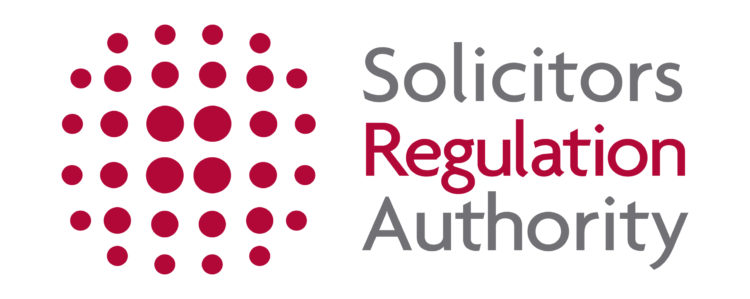By Gabriel Princewill-
The Solicitors Regulation Authority and The Bar Council Association don’t understand the Data Protection Act.
Although, one would think that established institutions regulating the legal profession will have a good understanding of how the law of data protection works. Both regulatory bodies have attempted to use the Data Protection Act as an excuse for why they do not disclose the ages or photograph of solicitors or barristers disciplined or struck off for reasons of misconduct.
The current practise by the two bodies is to reveal the year the offending solicitor or barrister joined the bar, conveniently withholding the exact age or photograph, for the purposes of identification. The general practise with most organisations,is to release the name,age and photograph of criminals or individuals guilty of misconduct. With the Solicitors Regulation Authority and The Bar Council, they choose to give out minimal information. The upshot of this is that other clients who are unaware of the rotten and dishonourable past of the legal practitioner could hire them privately.
The SRA and the Bar Council say people who want to investigate a solicitor or barrister’s past can inquire and obtain this information. They carelessly dismiss that the fact that not everybody knows about this, and some litigants hire solicitors or barristers privately for advice, when they cannot afford to represent themselves. The legal regulators did not consider this aspect because of either lack of awareness of its existence or sheer negligence about it. At worst, they have ignored the reality that crooked solicitors and barristers with proven track records of deception or incompetence cans till exploit others.
A statement from the SRA read:
Whilst the SRA as a legal regulator is able to restrict the rights and obligations as set out in the GDPR, as defined in Schedule 2 Part 2 para 6 and as provided for by Article 23(1)(g) of the GDPR, we are still required to balance the rights and freedoms of individuals whilst completing our regulatory work.
When we publish decisions about solicitors – either our own sanctions or prosecutions at the SDT – we use their SRA number, which is unique to them as well as publishing other relevant information such as the firm they worked at the time of misconduct in order to provide the public with sufficient information about the regulatory outcome.
Publication of further information, that we do not feel is required for us to fulfil our regulatory function, would therefore be a breach of the principals as set out in the GDPR.
Their citing of the Data Protection Act is so flawed, one can be forgiven for concluding they are deliberately shielding the bad apples of their profession just to protect solicitors and Barristers from being put in the same category as criminals or other disgraced professionals. An obvious error in their misguided practise is that corrupt members of the police, corrupt politicians, and disgraced teachers are fully shamed when caught in crime or misconduct.
The Data Protection Act states promotes Data Protection Principles recommending as a requirement, that only certain types of data is given out. The Act states that Data requested can be given out where it can be established it will used fairly, lawfully and transparently used for specified, explicit purposes used in a way that is adequate, relevant and limited to only what is necessary.
It states that the Data should be accurate and, where necessary, kept up to date, but for no longer than is necessary. It also says it should be handled in a way that ensures appropriate security, including protection against unlawful or unauthorised processing, access, loss, destruction or damage. Requests from the media for accurate details about individuals found guilty of offences, passes every criteria in the Data protection Act. That’s why the media routinely publish full details about offenders which include their age and photograph.
The age of offending individuals is not protected by the Data Protection Act, and this is a fact. The regulatory bodies in question appear to be affording their career colleagues a level of favouritism they have no logically defend.

